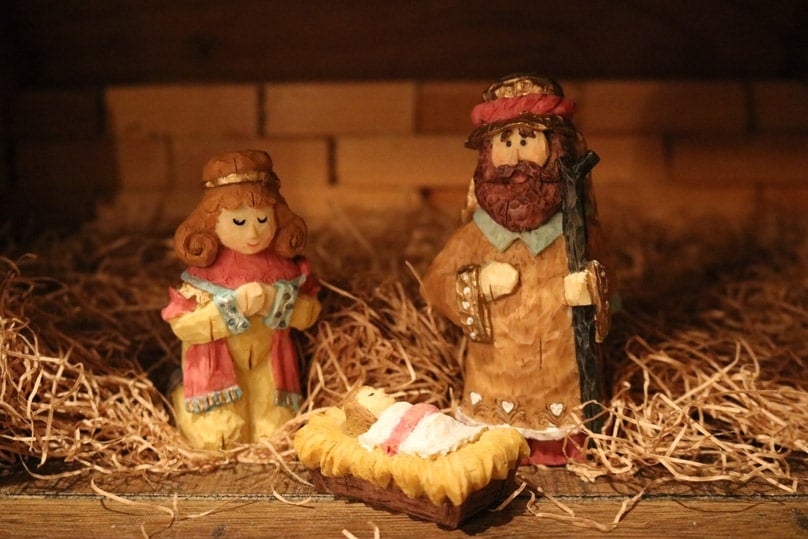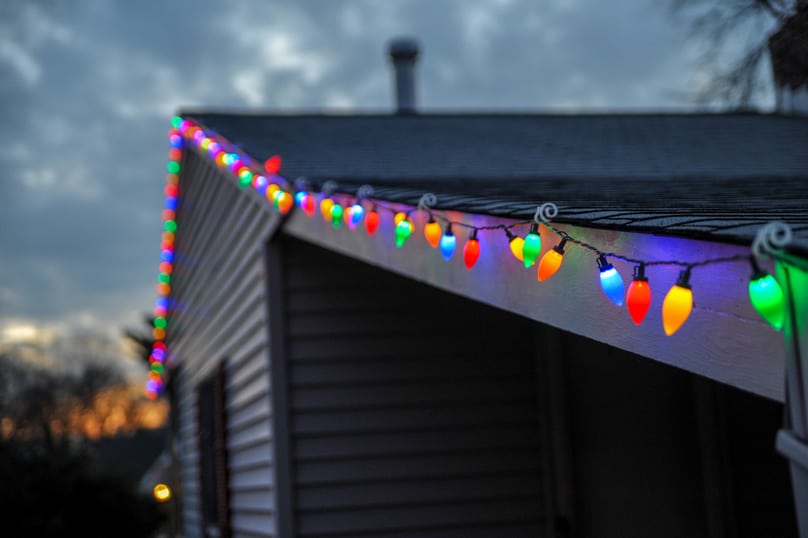
With Christmas just around the corner, many of you will be thinking about what presents to buy for your family and friends.
With the high unemployment rate, the stagnancy of wages and the spiraling cost of living, many more families will be celebrating Christmas modestly this year or perhaps not at all.
However, if you are blessed enough to be in a reasonable financial position and are planning to celebrate Christmas with a feast and gifts, this year, I invite you to take into account some of the following considerations in your Christmas preparations.
Less is More: This Christmas, just consider buying less – less food, fewer presents, less stuff. Pope Francis noted “A constant flood of new consumer goods can baffle the heart and prevent us from cherishing each thing and each moment.” (Laudato Si’ 222) This is not an attempt to be stingy but an attempt to make room in our lives for more important things than stuff.
‘Intangible’ Gifts: Instead of getting someone a book, a CD or DVD, perhaps give them the same gift in an electronic format. With the prevalence of electronic devices, this has become a lot easier and it is a great way to save on postage and carbon costs for friends and family that live overseas.
Global Gifts: What do you get for someone who has more than they know what to do with? Give a gift that means a whole lot more to someone else or an entire community (and will not clutter up their house). Many organisations like Caritas have gifts you can purchase for communities in need overseas. Check out Caritas Australia’s Global Gifts web page.
Try to buy things that are produced by organisations who pay their workers a fair wage for their labour. Products which carry the Certified Fair Trade mark such as for tea, coffee and chocolate identify these companies. For clothing and footwear try to buy from companies that belong to an accreditation system that guarantees fair wages.
Pope Benedict said, “It is good for people to realise that purchasing is always a moral — and not simply economic — act.” (Caritas in Veritate, 66).
Caring for Creation: Take into account the environmental impact of what you buy and perhaps give gifts which protect creation. For example, get someone who loves to have their morning coffee on-the-go a reusable coffee cup.
Over a billion disposable coffee cups end up in our landfills every year. Instead of giving something made by man, give someone a piece of creation – like a plant. See if you can buy something made out of recycled materials or something that has been re-purposed or up-cycled. Maybe choose to eat more vegetarian food as a pleasant alternative to heavier meat-based dishes.

Buy a gift for a child who may not get one: With over 730,000 children living in poverty this year, most of them will not be able to look forward to receiving a single gift, much less multiple ones.
Many parishes and community organisations will help you buy a gift for a stranger’s child in need. Buy local, shop small. While large companies may be competitive on price, consider buying from smaller stores or artisans who make their goods locally and ethically as it supports more creative endeavours.
For those who don’t have excess material things to give but have time, consider volunteering to serve a meal or pack hampers for those who are in need of food at Christmas.
The preceding are just starting points. Why not educate yourself further on how you can make Christmas more this year – not just for yourself and family but for the wider human family?
Remember, we give presents at Christmas as a symbol of the greatest gift ever, Christ himself. He gave us the greatest gift which did not cost him any money, but everything else.
